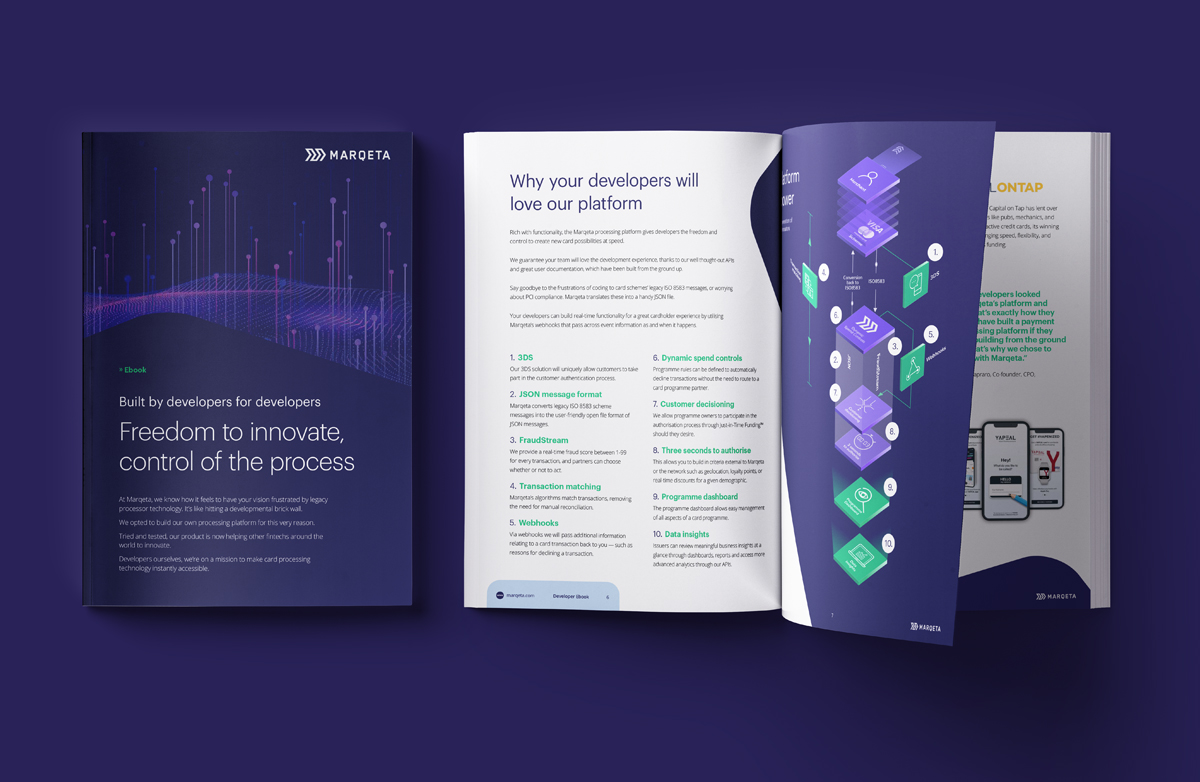July 6, 2020 | 5 min read
Like Lego and its imitators, not all APIs are created equal



Perhaps as a child, you enjoyed playing with Lego. And perhaps as a parent, you’re now enjoying playing with your child and their Lego.
However, you may have noticed that there’s been a bit of a change in the toy landscape in the intervening years.
Whereas there was once only Lego, we now live in a world in which more than a few companies offer plastic building blocks— and many of these happen to be compatible with the original.
But we all know that despite near-identical appearance, there can be frustrating differences.
Some of the cheaper imitation products don’t seem to fit quite so neatly as Lego pieces and the finished models often fall apart a little bit too easily.
It can’t have escaped you that your child spends as much time pushing the loose parts of that boat or camper van back together as he or she does playing with the assembled toy.
And so it is with APIs.
Developers are wasting half of their time on API maintenance
It’s said that any given developer spends nearly half their working week on API maintenance. Just like with some of those Lego wannabes, there’s a constant need to address glitches.
The problem with fixing bad APIs, though, is that not only does it waste time, but it also costs money— tens of billions of dollars annually, according to some studies.1ZDNet: ‘Developers, despair: Half your time is wasted on bad code’ by Liam Tung, September 11, 2018
But whilst we’ve all heard of some of the common problems surrounding poor documentation, error handling, and URL format issues, what actually makes for a good API?
Well, Marqeta has published this brochure for developers outlining seven criteria that are essential to delivering APIs even fans of original Lego would approve of.
These criteria are consistency, intuitiveness, documentation, functional coverage, reliability, real-time ability, and modern technology.
What makes an API world class?
As far as we’re concerned, APIs have to adhere to a consistent set of standards whilst enabling developers to quickly get to grips with the platform and understand its capabilities.
There’s also a need to combine steadfast reliability with modern tech solutions such as real-time actions, JSON, and REST.
Like the original Lego, good APIs enable their users to build the product as it’s pictured in the plans with relative ease, and then have the product perform as promised.
No matter how complicated the project, Lego builders know they can rely on user-friendly and consistent instructions to get them from start to finish. This is exactly the experience developers ought to have when it comes to API documentation.
And whether you’re embarking on a new card programme alone or with the assistance of a partner, the process should be overwhelmingly about realising a vision— achieving an outcome centred around the consumer’s experience.
Poor APIs always lead to headaches
Unfortunately, card programmes developed on poor APIs will almost certainly lead to a raft of problems that give rise to consumer headaches. Potential issues range from authorisation errors at the point of purchase to transaction functionality going offline.
Imagine the pain this could cause a customer if, for example, they have limited time to purchase tickets to a sellout concert or take advantage of a one-off holiday offer.
For any card programme owner, it’s essential to eliminate or at the very least minimise such risks by ensuring your card programme is underpinned by solid APIs.
Whilst it might be tempting to opt for the lowest priced product, the long-term costs of performance-related problems are worth considering.
This is why Marqeta attaches such high importance to the quality of our open APIs—because at the end of the day we know that a programme built on our platform will hold together and work seamlessly, like original Lego.
Your developers will thank you for this, as will your customers.
